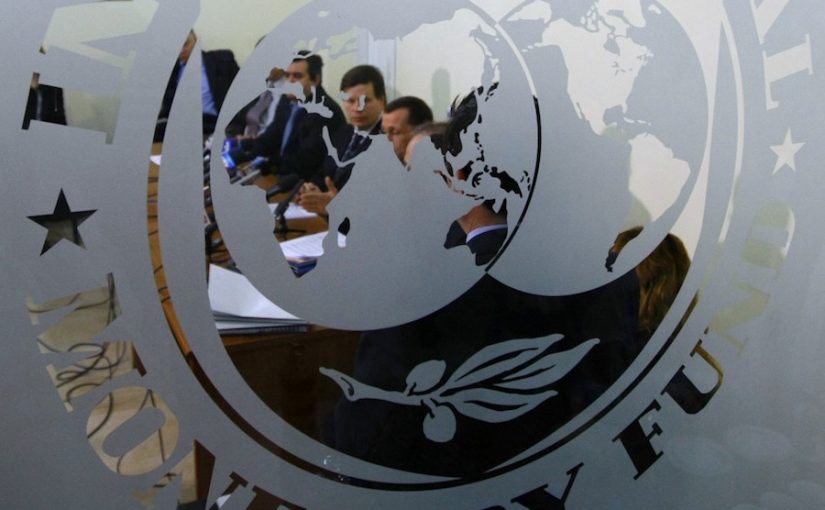Mozambique: State cuts spending, but salaries and debt continue to strain budget
Mozambique must readjust policies to escape “potential vulnerabilities” – IMF

File photo
The International Monetary Fund (IMF) yesterday reaffirmed the need for Mozambique to readjust policies to escape “potential macro-financial vulnerabilities”.
“Perspectives remain challenging” and “without additional policy actions” real GDP growth is expected to further decline over time, while inflation remained at current levels. ”The fiscal deficit would expand, leading to further accumulation of public debt and crowding out of the private sector,” a statement released yesterday reads.
The document results from Monday’s meeting of the Executive Council, which concluded consultations on Article IV with the Republic of Mozambique.
In this context, “banks’ rising exposure to the government, combined with high interest rates, creates potential macrofinancial vulnerabilities,” the IMF warns.
The IMF expects Mozambique’s GDP to grow 3 percent in 2018 to a nominal value of 875 billion meticals (about 11 billion Euros).
At the meeting, the directors of the fund “emphasised the need to readjust the range of policies”, including “broadening the tax base by eliminating VAT and other tax exemptions and to reduce current spending, while protecting outlays for social protection and infrastructure projects”.
This has been recommended by the IMF as a way of ensuring fiscal sustainability every quarter, unlike the current scenario.
The IMF estimates that the 2017 fiscal deficit, on a modified cash basis (i.e. including external and domestic arrears) is estimated to have “increased to around 8.2 percent of GDP compared to 7.6 percent of GDP in 2016, mainly due to continued spending pressures, including from a higher wage bill and high debt service costs”.
“Debt remains in distress,” the statement reads, “as the stock of public sector debt-to-GDP reached 128.3 percent at end-2016, with several debt payments missed, including on the Mozam Eurobond”.
In that sense, IMF directors “welcomed the authorities’ action plan to improve governance, transparency, and accountability,” noting that “progress in debt restructuring discussions” would be an important step towards restoring “sustainability”.
Throughout the communiqué, there are notes of satisfaction with measures taken by authorities to reduce the monetary policy rate, as well as to improve governance, transparency, accountability and the fight against corruption.
However, in relation to the undeclared sovereign debt dossier, the IMF reaffirms that “providing full clarity on the use of the proceeds of the previously undisclosed loans contracted by three public companies will be critical to restoring confidence and encouraging private investment”.












Leave a Reply
Be the First to Comment!
You must be logged in to post a comment.
You must be logged in to post a comment.